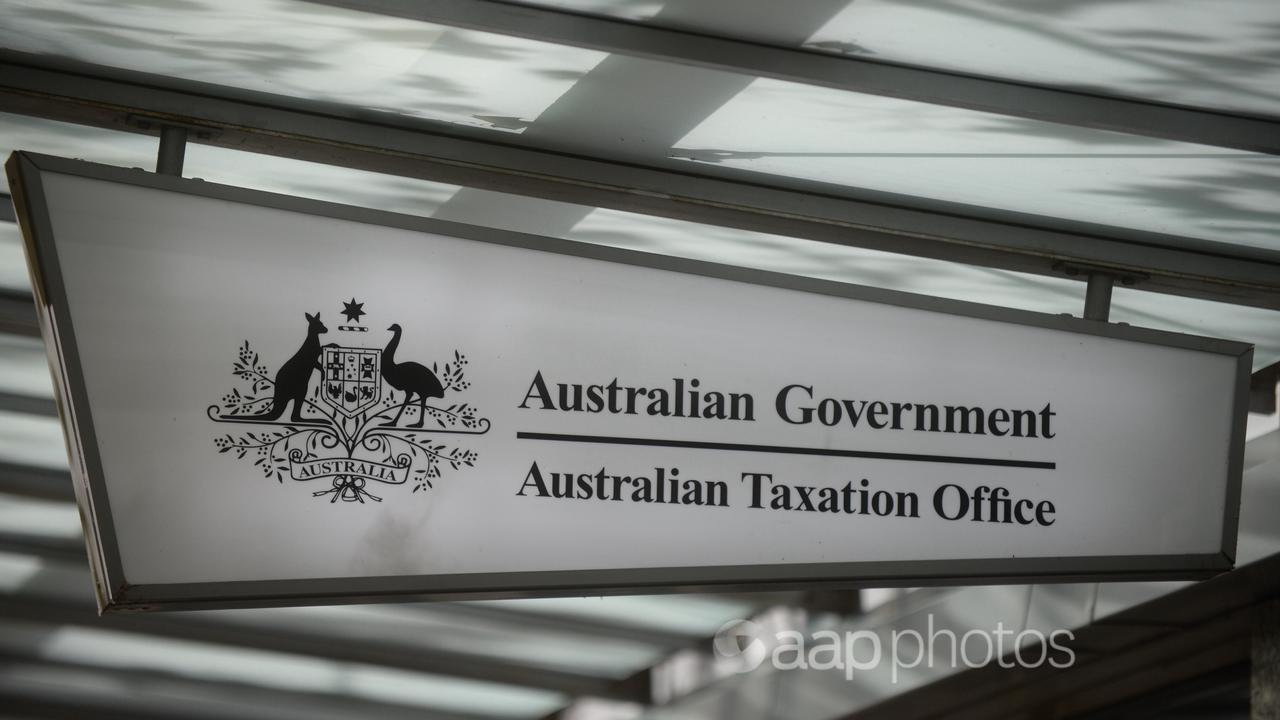A widely shared post has claimed the Australian Taxation Office (ATO) does not exist as it was never officially gazetted at its formation in 1973.
As such, some of the posts suggest taxpayers can now sue the government for illegally taking cash from their pay packets.
The claim is false. The ATO was not formed in 1973. Instead its name was changed in that year. Experts told AAP FactCheck this did not require gazettal.
Regardless, the legislative power of taxation rests with the Commissioner of Taxation.
The claim has appeared several times in recent weeks under the heading “BREAKING NEWS”, examples here, here, here, here, here and here.

However, AAP FactCheck found versions of the post dating back to 2018, examples here and here.
The main text states: “The I.T.R. (Institute of Taxation Research) has now received irrefutable proof (through an exhaustive Freedom of Information Act search), that the Australian Taxation Office was never officially gazetted in 1973 at its formation. Legally, therefore, the A.T.O. does not exist!”
There are various additions to the main text, including the claim that the ATO has been “illegally illiciting taxes since its formation” and that all tax laws are illegal and therefore voluntary.
But experts told AAP FactCheck the ATO was not established in 1973, rather this was when its name was officially changed (page 145).
Michael Dirkis, a professor of taxation law at the University of Sydney, explained that on November 11, 1910, the Federal Land Tax Branch of the Department of Treasury came into existence and was the forerunner to the ATO.
He confirmed “no gazettal was required” for the 1973 name change.
A gazette is an official publication “for the purpose of notifying the actions and decisions of the government”. They can include electoral notices, government tenders and proclamations which brings acts into being.
Professor A J Brown, from the Griffith Business School, said even if the change of name did require gazettal, the legislative power of taxation rests with the Commissioner of Taxation.
“The powers to assess and collect taxes under federal law are vested in the Commissioner (not the ATO as such). Those powers exist in a swathe of legislation… they are not contingent on what the administering agency is called,” Prof Brown said in an email.

John Bevacqua, an associate professor in business law and taxation at Monash University, agreed, telling AAP FactCheck via email: “The Commissioner and the Commissioner’s powers were set out in the Taxation Administration Act 1953.
“Section 4 establishes the Commissioner and section 4A states that the Commissioner and the Commissioner’s employees are a statutory agency for the purposes of the Public Service Act. The Taxation Administration Act received the Royal Assent on 4 March 1953.”
The 1953 act‘s assent appeared in the Commonwealth of Australia Gazette.
The Verdict
The claim that the ATO does not legally exist because it wasn’t gazetted at its formation in 1973 is false.
The ATO’s name was changed in 1973 but this did not require gazettal. Regardless, the legislative power rests with the Commissioner of Taxation under powers set out in the Taxation Administration Act 1953.
False – The claim is inaccurate.
* AAP FactCheck is an accredited member of the International Fact-Checking Network. To keep up with our latest fact checks, follow us on Facebook, Twitter and Instagram.
All information, text and images included on the AAP Websites is for personal use only and may not be re-written, copied, re-sold or re-distributed, framed, linked, shared onto social media or otherwise used whether for compensation of any kind or not, unless you have the prior written permission of AAP. For more information, please refer to our standard terms and conditions.


















